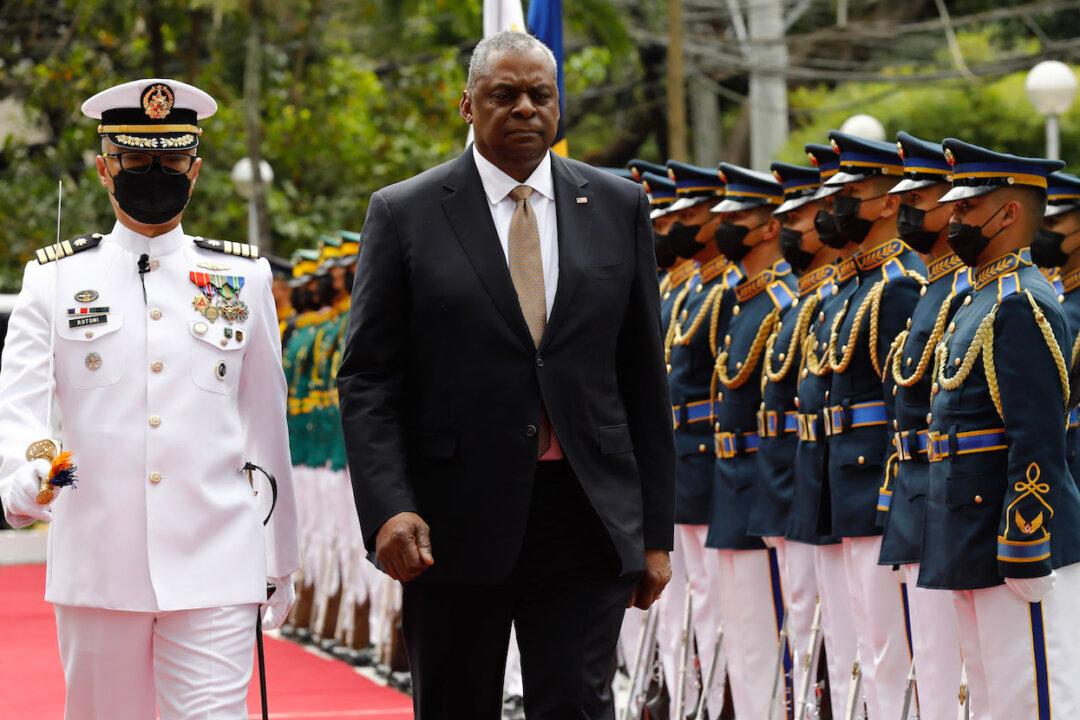Secretary of Defense Lloyd Austin has admitted that the Chinese spy balloon which flew over the country last week made the establishment concerned about U.S. nuclear force capabilities being exposed, with the balloon reportedly venturing near key military strategic sites.
“You don’t know what it was looking for … What were you concerned about it looking for?” CBS News National Security Correspondent David Martin asked Austin in an interview released Wednesday. “Well, I—certainly, all of our strategic assets, we made sure that we were buttoned down and movement was limited and communications were limited so that we didn’t expose any capability unnecessarily,” Austin replied, while clarifying that “strategic assets” referred to America’s nuclear force.





